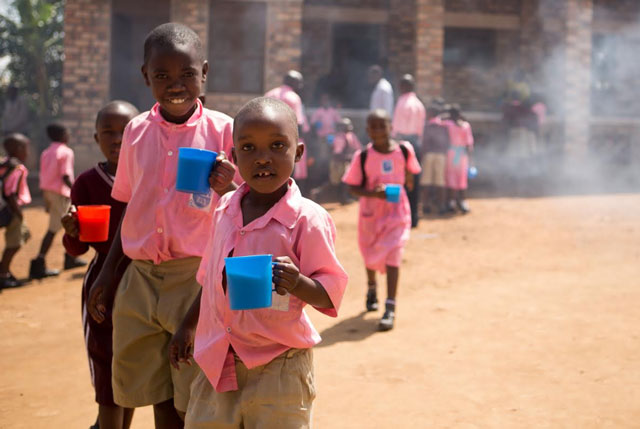
Children from the poorest households benefit the least from national public education funding
United Nations | Xinhua | Only 16 percent of public education funding goes to the poorest 20 percent of learners, while 28 percent goes to the richest 20 percent, the UN Children’s Fund (UNICEF) said in a report published Tuesday, highlighting global educational inequality.
Children from the poorest households benefit the least from national public education funding, UNICEF said in the report titled “Transforming Education with Equitable Financing,” which looks at government spending from pre-primary through tertiary education in 102 countries.
“We are failing children. Too many education systems around the world are investing the least in those children who need it the most,” said UNICEF Executive Director Catherine Russell.
The gap is most pronounced among low-income countries, as children from the wealthiest households benefit from over six times the amount of public education funding compared to the poorest learners, UNICEF said.
In middle-income countries like Cote d’Ivoire and Senegal, the richest learners receive around four times more public education spending than the poorest.
In high-income countries, the richest usually benefit from 1.1 to 1.6 times as much public education spending as the poorest, with countries like France and Uruguay at the higher end of the gap.
UNICEF called for equitable financing to combat “learning poverty.” The report found that just a one percentage point increase in the allocation of public education resources to the poorest quintile of learners could potentially lift 35 million primary school-aged children out of learning poverty.
“Investing in the education of the poorest children is the most cost-effective way to ensure the future for children, communities and countries. True progress can only come when we invest in every child, everywhere,” said Russell.
The report also found that children living in poverty are less likely to attend school, drop out sooner, and are less represented in higher education, which receives much higher public education spending per capita.
“Even before the COVID-19 pandemic, education systems across the world were largely failing children, with hundreds of millions of students attending school but not grasping basic reading and mathematics skills,” it said, citing recent estimates that two-thirds of all 10-year-olds worldwide cannot read or understand a simple story.
 The Independent Uganda: You get the Truth we Pay the Price
The Independent Uganda: You get the Truth we Pay the Price



